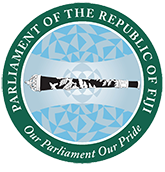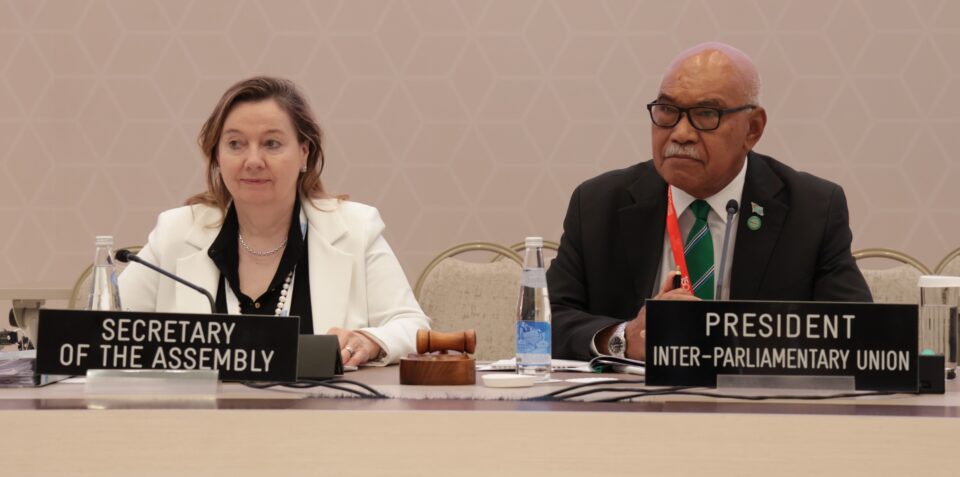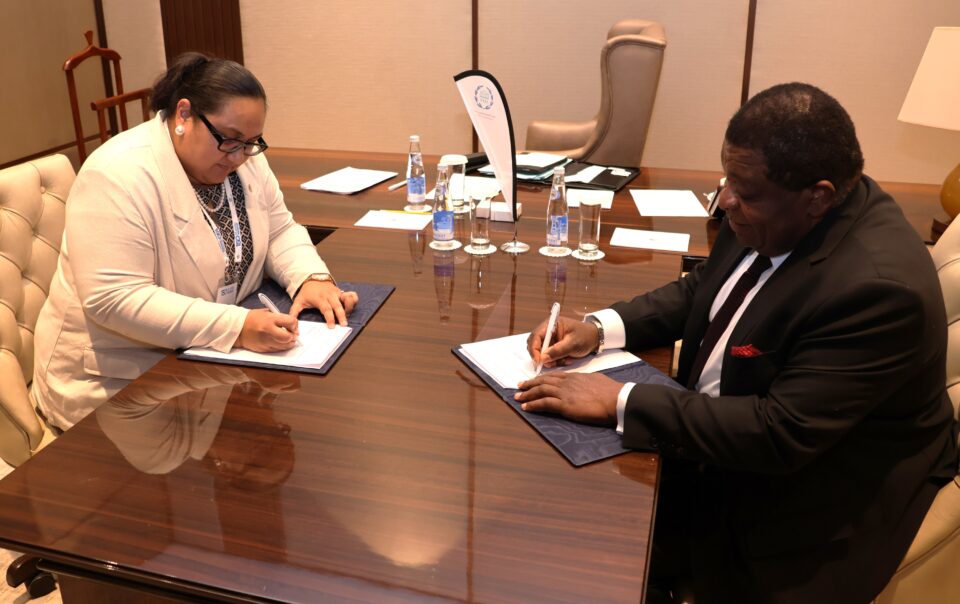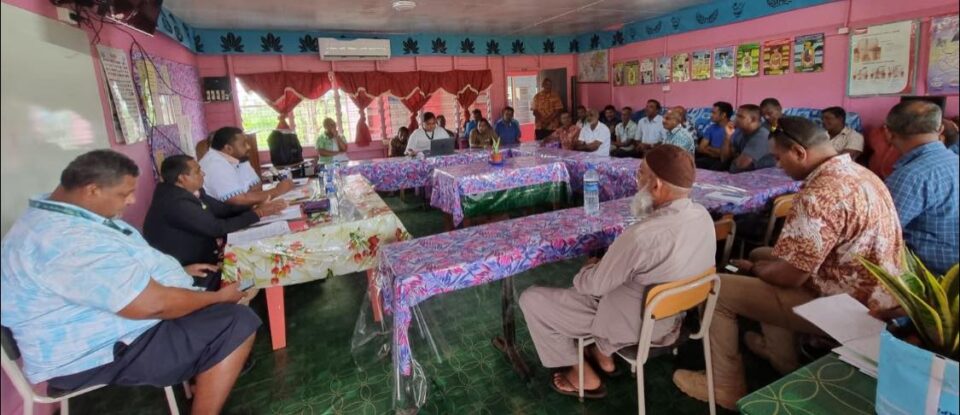Women have always been under-represented – Speaker Hon. Ratu Naiqama Lalabalavu
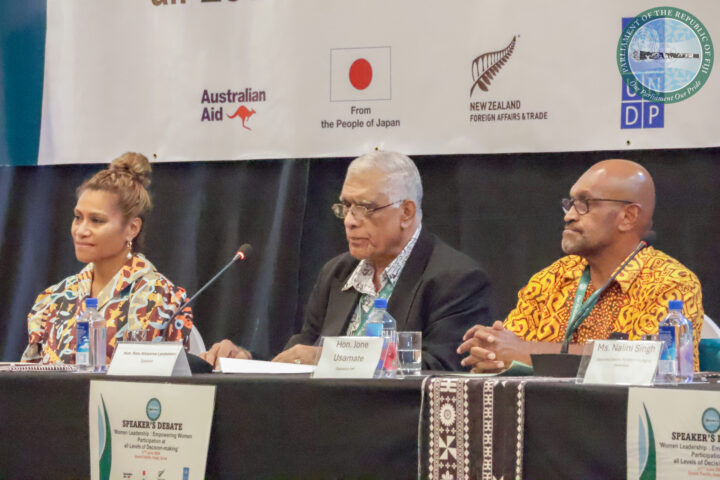
Historically, in leadership, such as in Parliament or in the decision-making space, women have always been under-represented, despite constituting half of the population and having increased participation in commerce, Government administration and other sectors.
Despite this under-representation, there have been no real attempts through legal or institutional action to uplift women’s share of parliamentary seats or political leadership.
These were the comments by the Speaker of Parliament, Hon. Ratu Naiqama Lalabalavu while opening the Speaker’s Debate in Suva on Tuesday night, the first for this third term of Parliament under the 2013 Constitution.
“The Parliament of 1999 was the most successful with a record 16 women in Parliament –– 11.3 percent in the House of Representatives and 25 percent in the Senate.”
“In this third term of Parliament, women MPs comprise just 9 percent, a reduction from the 2022 general election outcome of 11 percent. This is well below the Pacific average of 19.5 percent and the world average of 26.5 percent. And is a poorer performance compared to the last two terms of Parliament where we had 16 percent after the 2014 general election and 19.6 percent after 2018 general election.”
“Ladies and gentlemen, these statistics are a constant reminder that we need to do more to elevate women’s participation not just in Parliament but in all sectors of the country. I reiterate that women empowerment is crucial for sustainable and inclusive growth of our country.”
The panelists, namely the Minister for Women, Children and Social Protection the Hon. Lynda Tabuya, Opposition Member of Parliament Hon. Jone Usamate, Vice-Chancellor of the Fiji National University Professor Unaisi Nabobo-Baba, Executive Director of the Fiji Council of Social Services Ms Vani Catanasiga, Fiji Country Manager of Balance of Power Mr Josaia Osbourne and the Executive Director of the Fiji Women’s Rights Movement Ms Nalini Singh gave insights on the topic which generated a lot of interest from the audience.
A lady representing the Soqosoqo Vaka-Marama from Tiliva, Kadavu highlighted an issue on gender-based discrepancies in allowances within their community. She mentioned that “men holding titles and rankings in the village receive allowances; women belonging to the Soqosoqo Vaka-Marama do not enjoy similar financial benefits.” Her question resonated deeply with the audience and panelists, shedding light on an issue that underscores the broader challenges faced by women striving for equal recognition and compensation.
Another question was on the gap between the number of women graduating from universities and their representation in high-level positions, particularly in Parliament and the general workforce. “More graduates from universities were women in the past years; how can we activate and cultivate education that empowers more women to break barriers?”
The final question asked by Dr Mosmi Bhim was on gender equality and empowerment. “The stability of a Government is closely linked to its ability to provide equal opportunities for all its citizens, regardless of gender. In many societies, women face significant barriers when trying to have their voices heard in male-dominated environments where traditional gender roles dictate that men lead while women follow. Where are the safe spaces for women?”
The Hon. Speaker thanked the audience for coming out in numbers to be part of the first Speaker’s Debate in this current term of Parliament and the interests shown surrounding the Sustainable Development Goals. He noted that whilst we may all differ in our views on how to tackle the key issue of women’s public leadership and empowerment, we can all agree that this is a critical development matter that needs to be addressed.
The Speaker’s Debate was supported by the UNDP Fiji Parliament Support Project through the generous support from the Governments of Australia, Japan and New Zealand.
-End-

